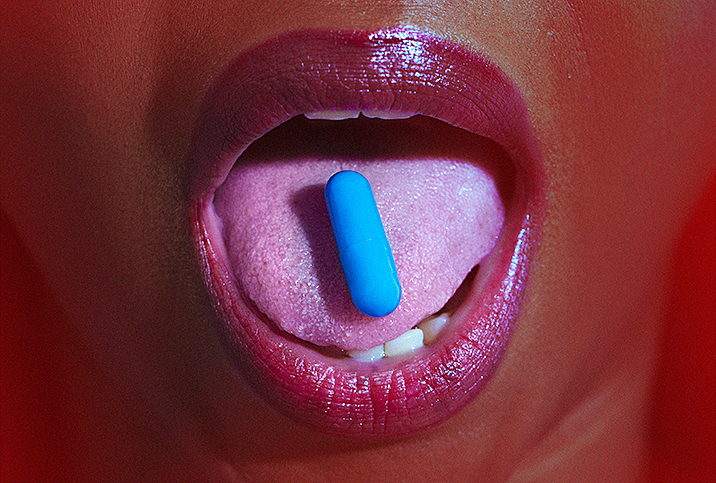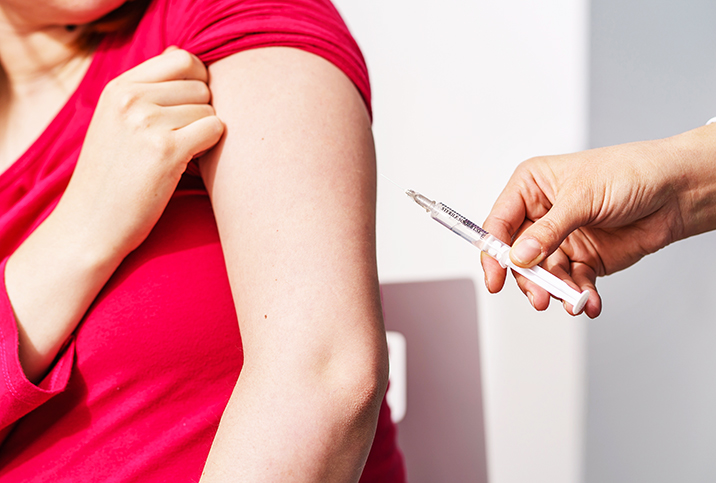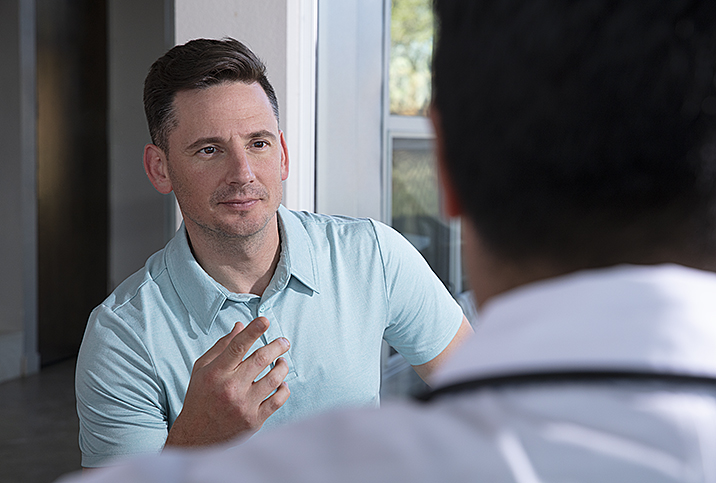What Are The Best Supplements for HPV?

If you have human papillomavirus (HPV), it's most likely that diagnosis was made from one of many secondary illnesses you got because of it.
While there is no cure for HPV, a healthy lifestyle that supports immune-system health is essential to living with this virus. And, as research continues, more experts agree taking daily supplements can help you manage the infection.
What is HPV?
Human papillomavirus is a common sexually transmitted infection (STI) most people don’t know they have.
Both the Centers for Disease Control and Prevention (CDC) and the American Cancer Society recommend the HPV vaccine for all females and males between 9 and 26 years old. Girls and boys from 9 to 12 years old should receive two doses of the HPV vaccine, while those who receive the vaccine starting at age 15 and older should receive three doses.
Advice for adults varies. The American Cancer Society does not recommend the HPV vaccine for adults age 27 and older. However, the CDC urges adults between 27 and 45 years old to consult their doctor if they feel they might benefit from getting the HPV vaccine. The discrepancy is based on the fact that many of the individuals in the age group have likely already been exposed to HPV.
Infections typically go away on their own with or without a diagnosis, but for some people, the infection is permanent and remains undiagnosed until secondary health complications arise.
The most common secondary illnesses caused by human papillomavirus are genital warts and cervical cancer. Both of these illnesses can occur years after initial infection, and early detection is key for the management of symptoms and eventual recovery.
In addition to other treatments, taking daily supplements can help support the immune system in patients with cervical cancer and genital warts.
HPV and genital warts
Genital warts are the primary symptom caused by HPV and are common in both women and men.
Thankfully, genital warts can be managed with various treatments, including daily supplements. Many patients typically find their warts come and go with hormonal fluctuation or skin irritation. However, these warts can lie dormant for years at a time.
During flare-ups in women, genital warts can appear either externally on the outer or inner labia and in the areas surrounding the anus, or internally on the cervix or vaginal wall. Men experience genital warts in the anus area and around the penis.
Genital warts appear in leathery patches or clusters, which are numb to the touch but can become tender if irritated. Some of the most common treatments for genital warts target the wart tissue to remove it, such as:
- Creams: A simple prescription cream applied to the wart tissue will eventually kill it. This treatment can cause irritation to the tissue surrounding the wart and bring on flu-like symptoms.
- Acids: These topical treatments are meant for larger genital warts more resistant to other treatments. This treatment can be used both externally and internally.
- Liquid nitrogen: Applications of liquid nitrogen are commonly administered in your doctor’s office and can be used for genital, plantar and common warts.
In some cases, your doctor might recommend surgical intervention if the wart is in a location that causes frequent irritation or interferes with cervical functions, especially after other treatments have failed.
What you need to know about supplements for HPV
If you are currently experiencing a flare-up or want to avoid one in the future, daily supplements can help manage human papillomavirus and genital warts. Some of the most effective supplements for immune-system function include folic acid, vitamins A, B-6, C and E, selenium and zinc-12.
While research is still being carried out to understand exactly why these supplements help, it’s thought human papillomavirus can compromise the immune system, which leads to secondary infections and increases the frequency of genital wart flare-ups. Increasing certain vitamin levels in your bloodstream may help make your genital warts go away faster and keep them away longer.
While more research is needed to confirm these results, a 2017 study by Ufuk University Hospital in Ankara, Turkey, indicates a connection between low vitamin levels and genital wart flare-ups. Researchers hope to continue studies to determine a specific supplement regimen and treatment plan for patients who are managing HPV and its secondary illnesses.
Supplements and cervical dysplasia
In addition to preventing wart flare-ups, these supplements should be taken by anyone with human papillomavirus, because HPV can increase the chances of developing cervical cancer. Women with HPV often learn about this virus as a result of being diagnosed with cervical dysplasia, precancerous cell changes on the cervix.
This condition often leads to cervical cancer, but supplement treatments monitored by naturopathic physicians may help prevent cancer from developing. As with any treatment, working with your physician to monitor your symptoms is essential to preventing and treating cervical cancer. These findings provide hope for HPV patients that with lifestyle changes and daily supplements, they can combat the secondary health complications of human papillomavirus.
Living with HPV
Monitoring and managing human papillomavirus is essential to staying healthy. And while much is known about HPV, many common misconceptions about the virus can keep people from receiving the vaccine or recognizing illnesses caused by HPV.


















